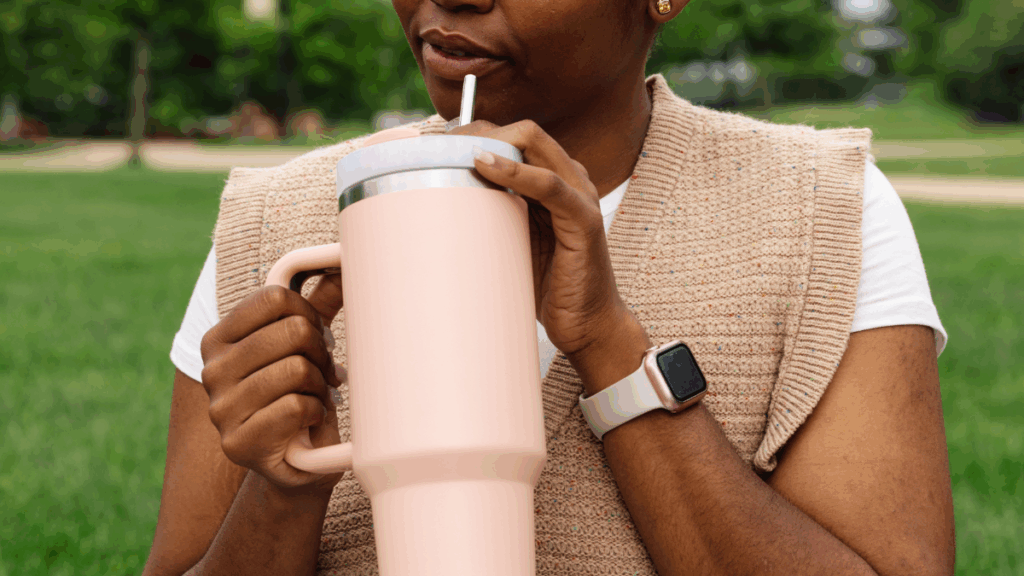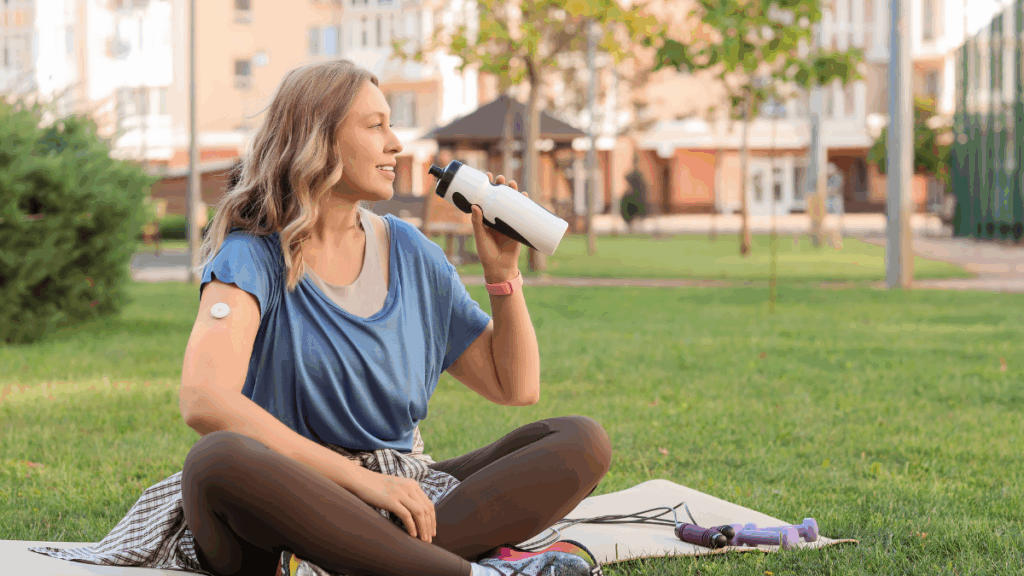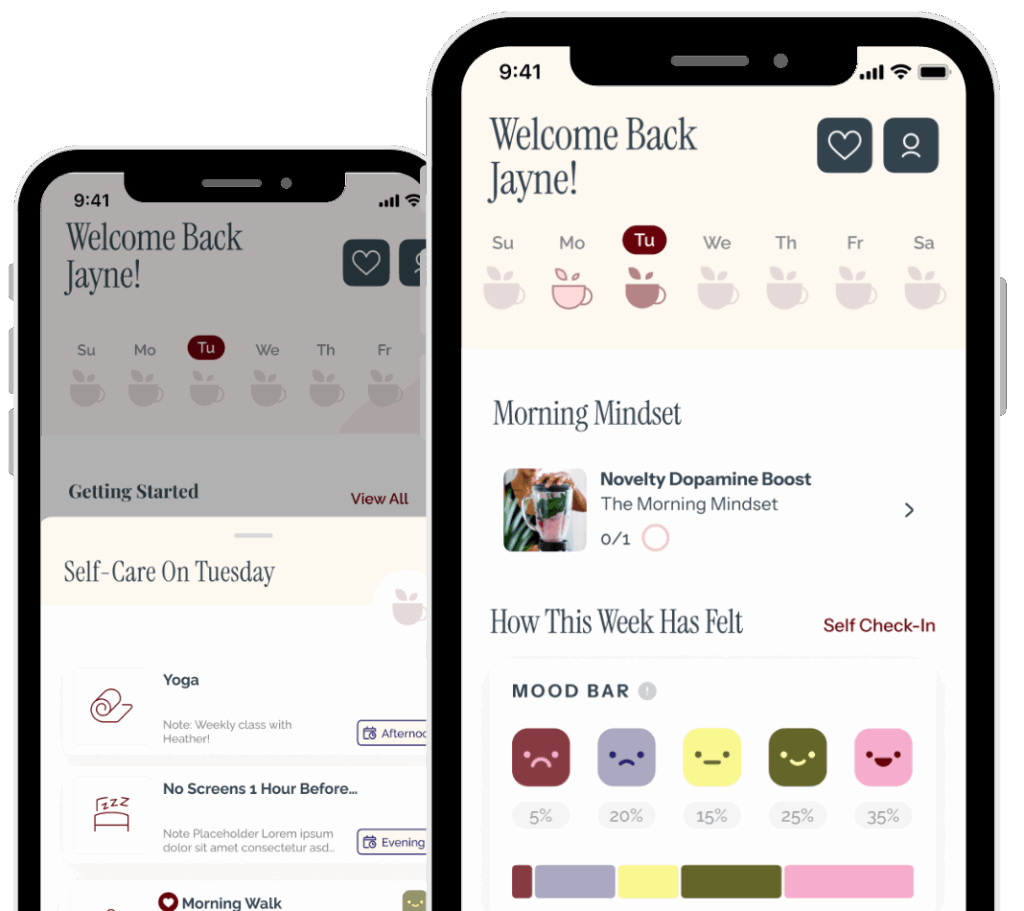Do You Really Need Electrolyte Powders?
Electrolyte powders are marketed as essential for hydration, athletic performance, and overall wellness. But are they truly necessary for most individuals, or is water sufficient? Let’s delve into the science to understand when and why electrolyte powders might be beneficial.

Understanding Electrolytes
Electrolytes are minerals that carry an electric charge and are vital for various bodily functions, including:
- Fluid Balance: Regulating the movement of water in and out of cells.
- Nerve Function: Transmitting electrical signals throughout the nervous system.
- Muscle Function: Enabling muscle contractions.
- Acid-Base Balance: Maintaining the pH level of body fluids.
Common electrolytes include sodium, potassium, calcium, magnesium, chloride, and phosphate. These are typically obtained through a balanced diet rich in fruits, vegetables, dairy, and meats.
Electrolyte Powders vs. Oral Rehydration Solutions (ORS)
It’s crucial to distinguish between electrolyte powders and oral rehydration solutions (ORS), as they serve different purposes:
- Electrolyte Powders: Often marketed for general hydration and athletic performance, these products contain varying amounts of electrolytes and may include added sugars or artificial sweeteners. Their primary aim is to replace electrolytes lost through sweat during exercise. Since there are no set standards contents can vary greatly by brand.
- Oral Rehydration Solutions (ORS): Formulated with precise ratios of sodium, potassium, and glucose, ORS are designed to treat dehydration caused by illnesses such as diarrhea or vomiting. They are recognized by the World Health Organization (WHO) for their efficacy in rehydration and are not intended for general hydration purposes.
A systematic review comparing sports drinks and ORS found that while both can aid in rehydration, ORS are specifically designed for medical dehydration and are more effective in such contexts. Sports drinks, on the other hand, are formulated for performance during exercise and may not be suitable for treating dehydration caused by illness.
When Are Electrolyte Powders Beneficial?
For most individuals, especially those with a balanced diet and regular hydration habits, electrolyte powders are not necessary. However, certain situations may warrant their use:
- Prolonged or Intense Exercise: Engaging in activities lasting over an hour or involving heavy sweating can lead to significant electrolyte loss. In such cases, electrolyte powders can help replenish these losses. A study analyzing various beverage types during exercise concluded that hypotonic carbohydrate-electrolyte drinks provide the greatest benefit to hydration.
- Hot Climates: High temperatures increase sweat production, leading to greater electrolyte loss. Supplementing with electrolyte powders can aid in maintaining balance.
- Illness: Conditions like vomiting or diarrhea can cause rapid fluid and electrolyte loss. While ORS are the standard treatment, electrolyte powders may be considered if ORS are unavailable. However, it’s essential to note that ORS are specifically formulated for medical dehydration and are more effective in such contexts.
- Struggling To Meet Hydration Needs: Electrolyte packets often come in tasty flavors, making drinking water more enjoyable. Many people drink more water when using a packet due to this fact (but it’s more so from the flavor, not the electrolytes)

Electrolyte Powders and Specific Populations
Postural Orthostatic Tachycardia Syndrome (POTS)
Individuals with POTS often experience symptoms like dizziness, lightheadedness, and fainting upon standing, primarily due to blood pooling in the lower extremities and insufficient blood return to the heart. Research indicates that increasing fluid and salt intake can help manage these symptoms by expanding blood volume. A study found that a high-sodium diet reduced orthostatic tachycardia and upright heart rate compared to a low-sodium diet in POTS patients.
Electrolyte powders containing sodium may assist in increasing blood volume and alleviating symptoms in some individuals with POTS. However, it’s crucial to consult with a healthcare provider before initiating any supplementation, as individual needs can vary.
Breastfeeding Women
Hydration is vital for breastfeeding mothers to maintain milk production and overall health. While the composition of breast milk is primarily influenced by maternal nutrition and hydration, some anecdotal evidence suggests that electrolyte balance may impact milk production. However, scientific studies directly linking electrolyte supplementation to increased milk production are limited.
A study on water intake among breastfeeding women found that a significant proportion did not meet the adequate intake levels for total water intake, highlighting the importance of adequate hydration during lactation.
While electrolyte powders can aid in maintaining hydration, they should not replace a balanced diet and adequate fluid intake. Consulting with a healthcare provider is recommended before starting any supplementation during breastfeeding.
Potential Downsides of Electrolyte Powders
While electrolyte powders can be beneficial in certain situations, there are considerations to keep in mind:
- Added Sugars and Artificial Sweeteners: Some electrolyte powders contain added sugars or artificial sweeteners, which may not align with everyone’s dietary preferences or health goals. It’s important to choose products that meet individual needs.
- Overconsumption: Excessive intake of electrolytes, particularly sodium and potassium, can lead to imbalances and potential health issues. It’s crucial to use these products as directed and consult with a healthcare professional if unsure.
- Cost: High-quality electrolyte powders can be expensive. In many cases, a balanced diet and adequate water intake are sufficient for maintaining electrolyte balance. A simple non-electrolyte water flavor packet can give you the tasty bonus at a fraction of the cost.
Practical Tips for Hydration
To maintain optimal hydration:
- Prioritize Water: For most individuals, plain (or flavored) water is enough to meet hydration needs.
- Balanced Diet: A diet rich in fruits, vegetables, and other nutrient rich foods provides necessary electrolytes.
- Monitor Hydration Status: Pay attention to signs of dehydration, such as dark urine, dry mouth, or fatigue. If this dwindles you may first try increasing water intake overall as it’s convenient and affordable, then going to an electrolyte packet and chatting with your doctor if needed..
- Use Electrolyte Powders Wisely: Reserve their use for situations involving prolonged or intense exercise, hot climates, or illness, and always follow product directions.
So, Are Electrolyte Powder Packets Worth It?
Electrolyte powders can be beneficial in specific circumstances, particularly during prolonged or intense exercise, in hot climates, or during illness.
However, for most individuals, maintaining a balanced diet and adequate water intake is sufficient for hydration needs.
Article Written By: Colleen Christensen, R.D.

Colleen is a non-diet Registered Dietitian based in Grand Rapids, MI. She is the founder of the social media brand “No Food Rules” where she is committed to debunking diet culture and nutrition myths through relatable humor.
Follow Colleen on social media:

Download The Looli App
Make your wellness a priority, inside and out!
Start your free 7 day trial and access more tools, resources, content, recipes, workouts and more.

